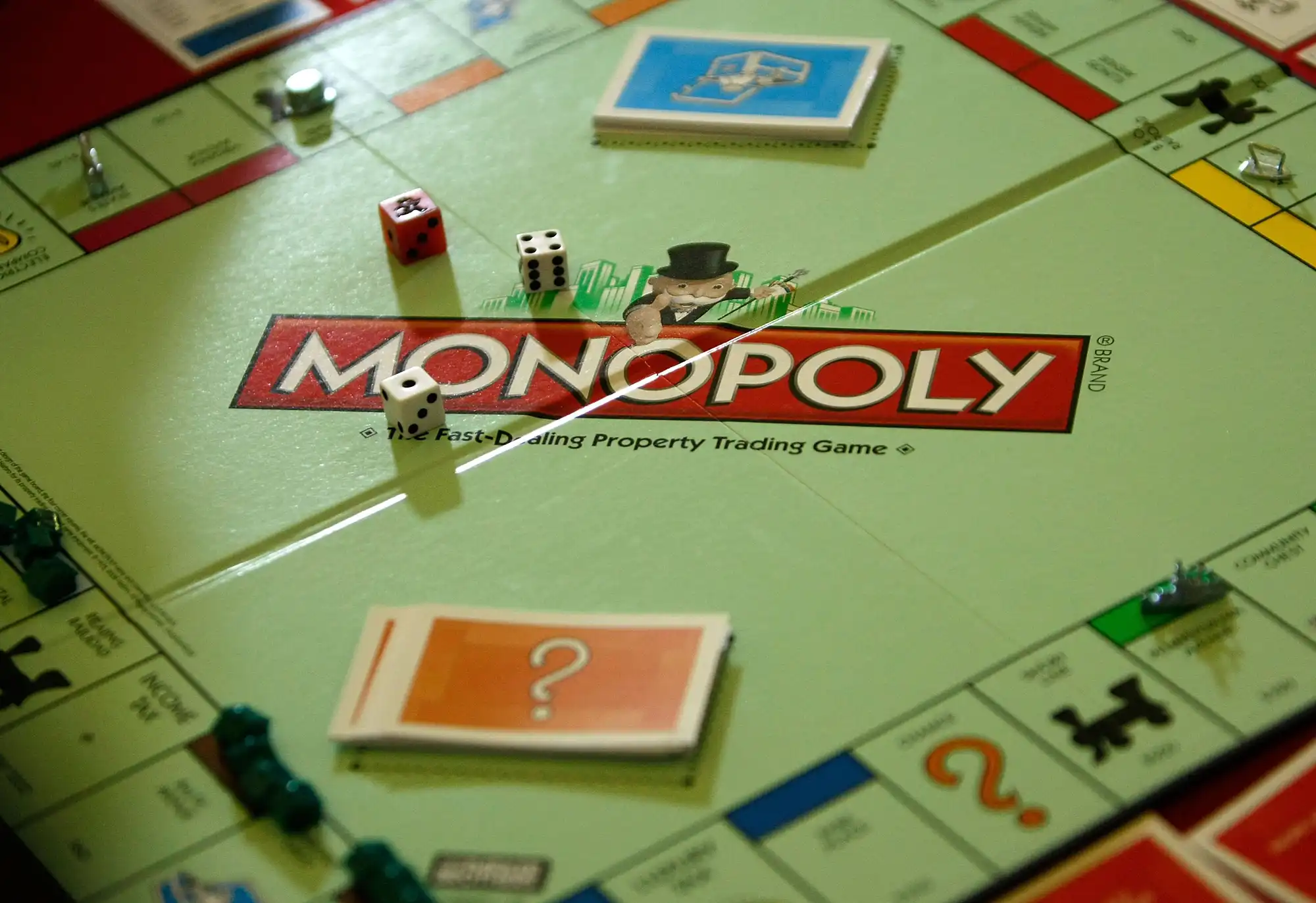Bloop
Sr Member
Yeah, it's also kind of "who gambles the biggest and wins." If you take a big risk and it pays off, somehow you're a "genius," regardless of any other factors. I've never been a big risk taker, so, understandably, I've never "made it big."Lol definitely true.
I mention capitalism because I feel there is an ongoing narrative (at least in the west) where wealth is predominantly earned through talent and hard work rather than other external factors like plain luck. Its also probably why there is this idealization of the billionaire class like Trump, Gates, or Musk. They have earned insane levels of wealth, there must be something that makes them different and "superior" to the common person who doesnt have that wealth.

Why rich people tend to think they deserve their money
A psychology experiment using a rigged Monopoly game reveals how inequality replicates itself.www.marketplace.org

Analysis: If you're rich, you're more lucky than smart. And there's math to prove it
A study that claims the predominance of luck over talent in the distribution of wealth has been mathematically confirmed.www.pbs.org
Maybe its not applicable solely to capitalism but I assumed such a system encourages that view (you earn what you are worth). Doesnt help that even if you have a huge leg up over your peers through things like nepotism, you still have to work hard so you do feel your wealth is earned through hard work and to say it was earned because of luck or an unfair system undermines the hard work you personally put in to get to where you are. Also probably why the rags to riches narrative is so popular and has the person depicted as exceptional in talent rather than someone just insanely lucky (even Forest Gump is incredibly talented as an athlete in the movie although luck is acknowledged as a very big factor for him).
I also saw an interesting psychological component of people that can lie to themselves being more successful. I can't recall where I saw it (decades ago on tv), but the researchers developed a written test of questions that they determined people should all answer "yes" to, even if the questions are embarrassing. The only question I remember was "do you enjoy going to the bathroom (number 2)?" Ir words to that effect. The people takingbthe test were insructed to answer honestly - I believe it was anonymous, so there's no reason to lie. They felt that people that are honest to themselves would answer truthfully and say "yes," while people that lie to themselves answered "no." People that lie to themselves tend to be more successful because they think they can do anything. Like athletes - it's ridiculous for a young man to think "I'm going to be a pro athlete," since the odds are stacked far against them. But the ones that succeed are often able to ignore common sense. People that think "I'm the best," actually do succeed. I guess it's self-confidence to some degree, but it goes beyond that.
I also think there's a lot of rich people that rationalize what they do to gain wealth, which is also lying to yourself. They twist their morals so that they can justify building immense wealth. Personally, I can't justify doing anything where I feel I'm ripping people off or cheating and lying in some way. But there's a lot of people who don't feel that way.
